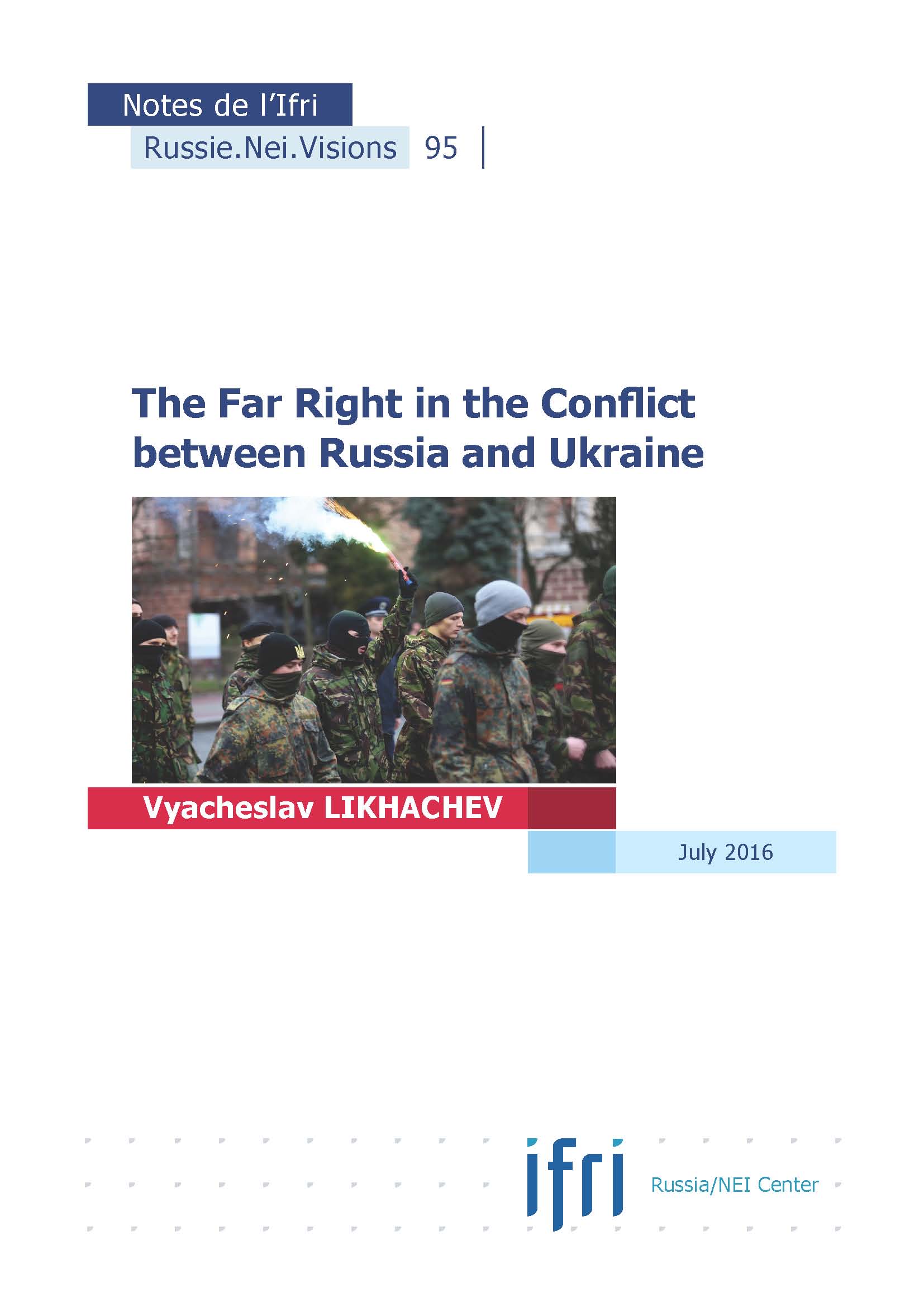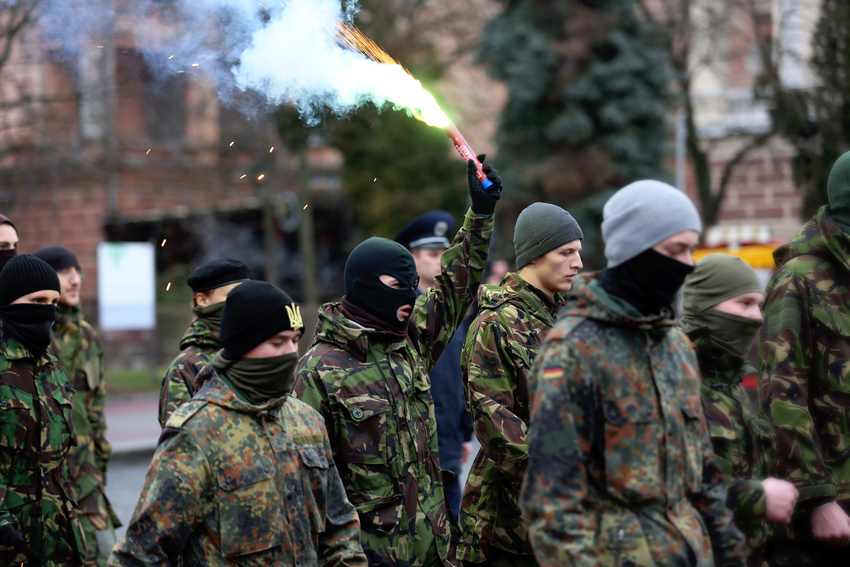The Far Right in the Conflict between Russia and Ukraine

From the very beginning, the armed conflict that broke out in the Donbass in the spring of 2014 drew in right-wing radicals, on the Ukrainian as well as on the Russian side. Organised ultra-nationalist groups and individual activists established their own units of volunteers or joined existing ones.

The ideology, political traditions and general track record of these right-wing extremists meant that it was both natural and inevitable that they would take an active part in the conflict. Yet the role of right-wing radicals on both sides has on the whole been exaggerated in the media and in public discussion. This article demonstrates that Russia’s use of right-wing radicals on the side of the “separatists” in Donetsk and Lugansk provinces had greater military and political repercussions than the involvement of Ukrainian far-right groups in the “anti-terrorist operation”. The general course of the conflict, meanwhile, caused the importance of far right-groups on both sides to decline.
Vyacheslav Likhachev is an historian and a political scientist. A graduate of the Jewish University in Moscow, he leads the National Minority Rights Monitoring Group.
Download the full analysis
This page contains only a summary of our work. If you would like to have access to all the information from our research on the subject, you can download the full version in PDF format.
The Far Right in the Conflict between Russia and Ukraine
Related centers and programs
Discover our other research centers and programsFind out more
Discover all our analysesThe Caspian Sea as an Emerging Energy Hub : Potentials and Limitations
This report analyzes the prospects of the Caspian Sea region — and its key actors except for Russia and Iran — becoming an important energy hub serving the needs of the European Union (EU).
The European Union's Strategic Test in Georgia
The political crisis brewing in Georgia is of an existential nature for the country. What is at stake is Georgia's future as a democratic and sovereign European nation (EU).
Commanders of Putin's Long War: Purged, Reshuffled and Disgruntled
The trend of reshuffling the Russian top military command in the course of a fast-evolving and far from successful war has progressed unevenly both across the Armed Forces’ structures and in time. The rationale for and timing of the abrupt cadre decisions made by Commander-in-Chief Putin often defy logical explanation, and the rare official clarifications are no more informative than the usual information blackout.
Russian Military Manpower After Two and a Half Years of War in Ukraine
In addition to a military victory in Ukraine, the Russian leadership is planning to build up sizable troop formations for a possible conflict with NATO in the Baltic region and the Kola Peninsula. In particular, current plans aim for the military manpower to grow by about 350,000, reaching a total of 1.5 million soldiers and commanders. In the context of the current conflict in Ukraine, this cannot be accomplished without a new wave of mass mobilization.









